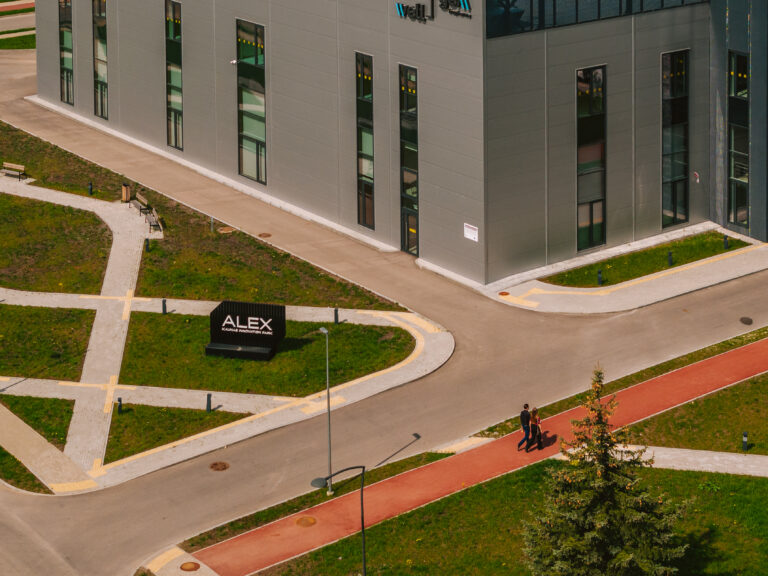Sicor Biotech/Teva Baltic, the largest pharmaceutical company in Lithuania, is preparing to begin production of a new active medicinal ingredient to be used in the treatment of cancer. The ingredient, XM21, will be produced in the company’s Vilnius facility from this autumn.
As Giedrius Žunda, the director of the Vilnius unit explains, XM21 is already being produced by Teva, Sicor Biotech/Teva Baltic’s mother company, in Germany. With the Vilnius plant brought on line, Teva’s production of XM21 is expected to increase from 744 g at present to around 4,400 g within a year. “This product was developed by Teva and is presently produced in Germany; we are now planning to produce it in Vilnius as well,” he comments.
For Mr Žunda, the production of XM21 represents the next step in the rapid expansion of Sicor Biotech/Teva Baltic . Between 2011 and 2014 the company invested more than €30 million in the establishment of two new production lines, tripling their production capacity. In 2015, a further €14 million was invested in technology transfer and preparations for the production of XM21. “New equipment has been acquired and will come into operation this year; we plan to start the manufacturing this autumn,” says Mr Žunda.
For Sicor Biotech/Teva Baltic, a company which exports 98% of its output, expanding production capacity is the key to further growth. “We grow and expand to new markets by increasing the volume of our exports,” points out Mr Žunda. The firm counts Brazil, Japan and the USA amongst its largest export markets, and plans to sell XM21 and other products in 56 countries in total.
The rapid expansion at Sicor Biotech/Teva Baltic reflects the overall trend in Lithuania of strong growth in the pharmaceuticals sector. According to data from the Department of Statistics, export sales of Lithuanian pharmaceutical products from January to December2015 were up 45.3% compared to the same period in 2014.
Source: Verslo žinios













